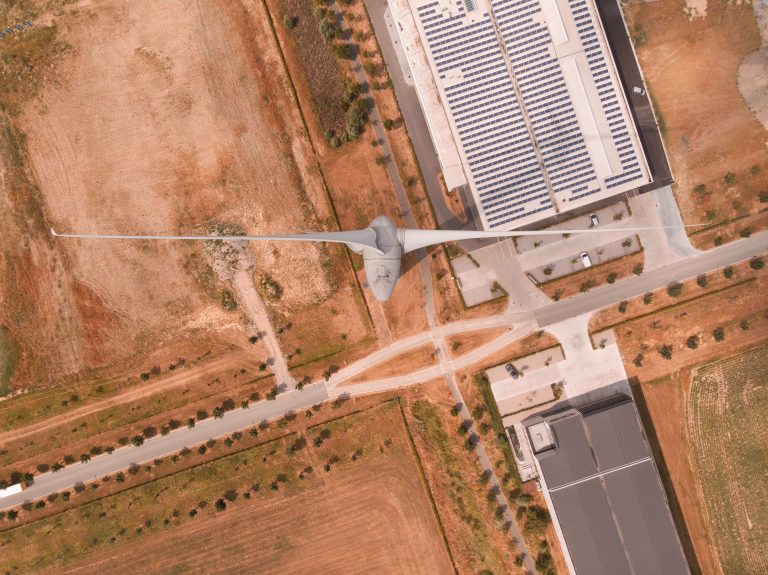To meet the challenges of climate change, biodiversity loss, food insecurity, and poor energy access, the world needs a workforce of globally competent, socially, and environmentally conscious engineers and scientists. Nonetheless, engineering and science courses in universities are frequently taught using a reductionist paradigm. These methods ignore complexity and frame the disciplines as mere technical fields divorced from social consequences or policy implications. The result limitis students’ visions for future careers that have the potential to merge fields in science, technology, engineering, and math (STEM) with policy and international development.
Experts have recognized the need to increase the engagement of engineers around the world to help resolve global challenges and improve the quality of life. The sentiment is reflected in the mission of this organization, Engineering for Change, where I completed a fellowship in 2022, and other international entities.
With the appropriate education and training, the engineer of the future will be called upon to become a leader not only in business but also in nonprofit and government sectors – National Academy of Engineering
A UNESCO report on engineering challenges and opportunities for development states, “It is vital that we take the full measure of engineering’s capacity to make a difference in the developing world.”
Likewise, the National Academy of Engineering issued a visionary call for the future engineering workforce saying, “We aspire to a future where engineers are prepared to adapt to changes in global forces and trends and to ethically assist the world in creating a balance in the standards of living for developing and developed countries alike.”
The report “urges the engineering profession to recognize what engineers can build for the future through a wide range of leadership roles in industry, government, and academia, not just through technical jobs” and states that “with the appropriate education and training, the engineer of the future will be called upon to become a leader not only in business but also in nonprofit and government sectors.”
In response, educational institutions and think tanks have launched programs to engage students in programs that bridge the gap between STEM fields and sustainable development goals. I’m involved in one exceptional program, a collaboration between the ASPEN Institute and Coda Societies called “Our Future is Science.” The program prepares next-generation STEM scholars and professionals to be more aware of social justice and environmental issues. Its method is mentorship. US high school students from historically marginalized groups work with mentors who introduce topics at the intersection of STEM and sustainable development, while exploring college education and career paths in relevant fields. In addition, the program features weekly community talks by accomplished professionals and scholars working in STEM fields on projects that dip into issues in sustainability and environmental justice.
I was fortunate to be chosen as a mentor for “Our Future is Science” in the first cohort for the 2021-2022 academic year. In that role, I introduced mentees to topics in data science and policy, sociotechnical systems performance, and global development. I also facilitated discussions on science communication, social innovation, social determinants of health based on the ASPEN Institute curriculum. The program broadened my understanding of the connection between STEM, policy, and global development.
Educational institutions must provide STEM students with learning programs that allow them to discover their limitless potential as citizens and global leaders who will soon shape our world’s destiny.
The mentorship was incredibly uplifting. I saw how my ideas and experience benefited the mentees in our weekly discussions and reflections. Mentees said the program empowered them to recognize connections and intersections between STEM and social issues in their everyday lives and inspired them to seek college education in this field. By the end of the program, the mentees were supposed to design a capstone project. My mentee, who is interested in Data Science, created a video about Algorithmic Bias.
It is critical that today’s educational institutions provide STEM students with learning programs that allow them to discover their limitless potential as citizens and global leaders who will soon shape our world’s destiny. These programs should combine computational rigor with creativity and thinking in order to develop STEM professionals capable of addressing society’s most complex technological, social, environmental, and economic challenges.
I recall Charles Hopkins, UNESCO Chair in Reorienting Teacher Education, saying in a panel discussion on Educating for a Sustainable Future that only about 6 percent of the world has access to higher education, but that 6 percent will become 90 percent of the leaders shaping the world as heads of business and government. I hope that all STEM students have the opportunity to participate in programs like Our Future is Science and the E4C fellowship in order to understand the broad impact of STEM fields in our lives and to attract more talent to work at the intersection of technology, policy, and development.
About the Author
Mohammed Ba-Aoum completed an E4C Fellowship in 2022 and he is a Ph.D. candidate in Industrial and Systems Engineering (ISE) at Virginia Tech University in Blacksburg, Virginia (USA). Before joining Virginia Tech, Mohammed completed dual masters ( MS in Industrial Engineering and an MA in Social Science) at Arizona State University (ASU) in Tempe, Arizona (USA) and a BS in Electrical Engineering from King Fahd University of Petroleum and Minerals (KFUPM) in Dhahran (Saudi Arabia) He also attained a diploma in leading new ventures from Massachusetts Institute of Technology (MIT) in Cambridge, Massachusetts (USA), a graduate certificate in statistics, and Black Belt Six Sigma from ASU. Mohammed work as a lecturer in Industrial and Systems Engineering at KFUPM.

